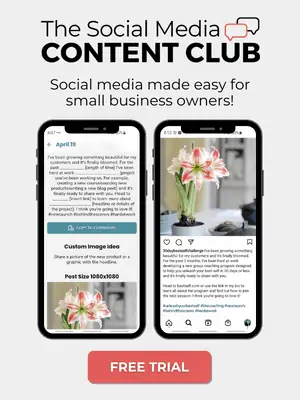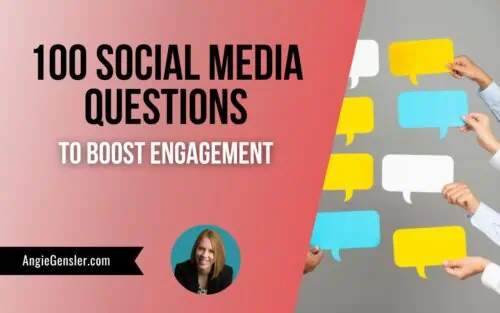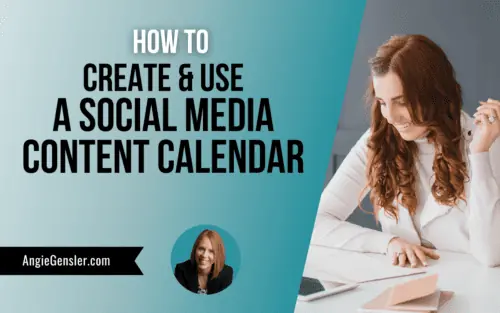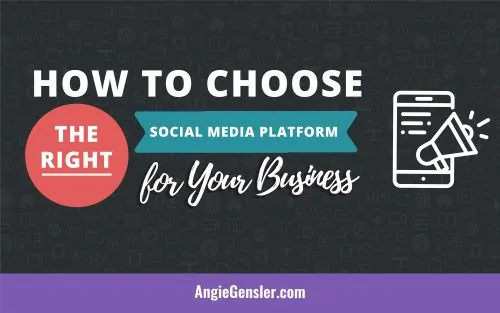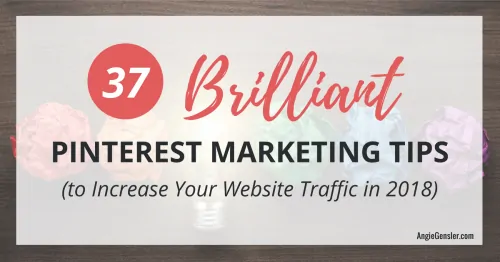International Lesbian Visibility Day is an important holiday celebrated annually on April 26. It’s more than just a day for lesbian women. It’s about celebrating the rights of all individuals who identify as part of the LGBTQIA+ community. This Lesbian Visibility Day, let us take a moment to recognize how far we’ve come in terms of acceptance and representation—but also remember that there is still so much work to be done.
In this blog post, you’ll learn why Lesbian Visibility Day matters, what ways you can show your support on this special day, who should participate in celebration activities and events online or offline, plus other similar holidays throughout the year. So join us as we explore International Lesbian Visibility Day – from its history and significance right through to practical tips for making it meaningful.
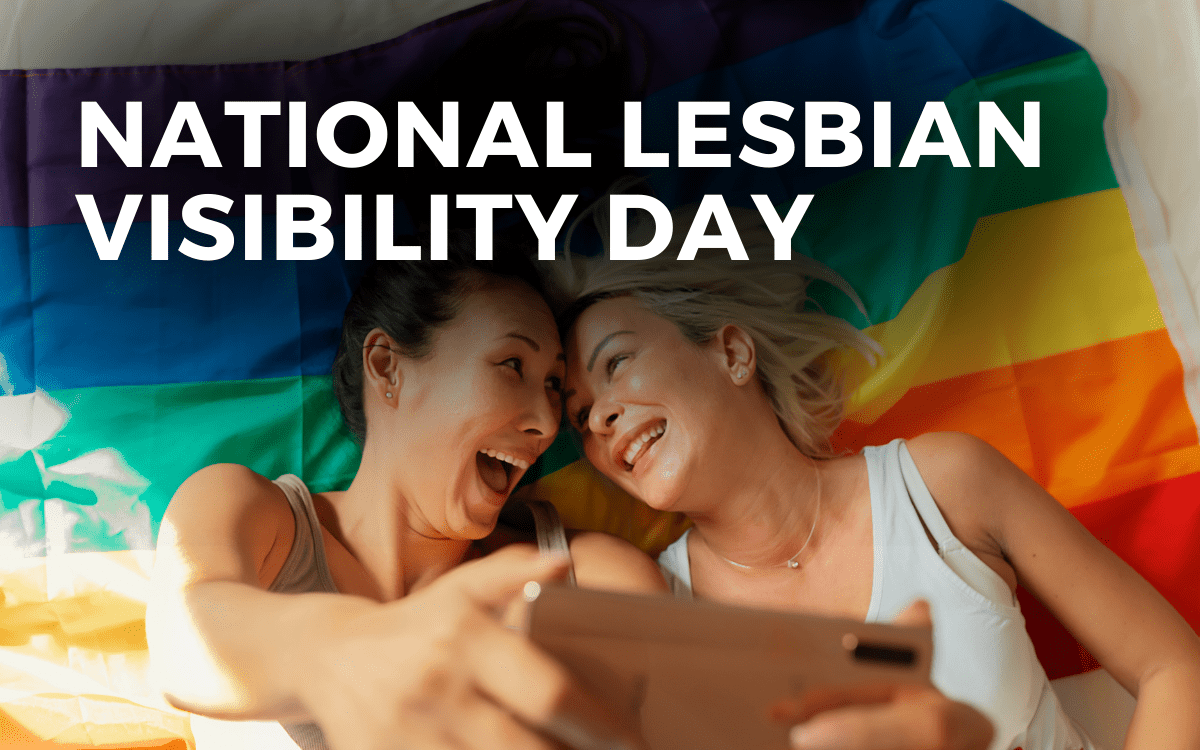
What is Lesbian Visibility Day?
Lesbian Visibility Day is celebrated each year on April 26. It was created by American activist Amy Ellis in 2008 as a way to honor lesbian visibility and create a safe space for all queer women.
History of the Holiday
Lesbian Visibility Day was first celebrated in 2008 when it was founded by American activist Amy Ellis. Since then, it has grown into an international holiday that is celebrated around the world. The day serves as a reminder of how far we have come in terms of LGBTQ+ rights and equality while also recognizing the importance of continuing to fight for progress.
How to Celebrate
There are many ways to celebrate Lesbian Visibility Day. You can show your support by sharing positive messages about queer women on social media. You can also participate in events or activities celebrating queer women’s identities and experiences, such as film screenings, panel discussions, or art exhibitions. Finally, you can donate to organizations supporting LGBTQ+ rights and equality, such as GLAAD or Lambda Legal.
Hashtags to Use on Lesbian Visibility Day
If you want to join in on celebrating Lesbian Visibility Day online, be sure to use these hashtags:
- #lesbianvisibilityday
- #loveislove
- #lgbtqrightsarehumanrights
- #pride
- #lgbtq
Celebrating Lesbian Visibility Day is an important way to honor queer women’s identities and experiences while also increasing visibility in society. Let’s take a look at what this holiday means and how it can be celebrated.
For the complete list of holidays to celebrate on social media in April, visit angiegensler.com/april-holidays
What Does Lesbian Visibility Day Mean?
The importance of visibility for queer women is paramount. Lesbian Visibility Day serves as a reminder that lesbian, bisexual, and pansexual women are an integral part of the LGBTQ+ community and should be seen and heard. It’s also a day to celebrate the progress made in achieving greater representation in media and society.
Importance of Visibility:
Queer women have long been underrepresented or misrepresented in mainstream culture, so it’s important to recognize their presence on days like Lesbian Visibility Day. This holiday gives queer women the opportunity to express themselves without fear of judgment or discrimination from others. It also allows them to feel empowered by celebrating their identities openly and with pride.
Representation in Media and Society:
The lack of positive representation for queer women has been an issue for many years, but things are slowly changing as more stories featuring lesbian characters become available on TV shows, movies, books, etc. Lesbian Visibility Day helps draw attention to these changes by encouraging people to support projects that feature diverse representations of queer characters. Additionally, it can help create more inclusive environments where everyone feels safe regardless of sexual orientation or gender identity/expression.
Lesbian Visibility Day is an important reminder of the importance of visibility and representation for queer women in society and a chance to celebrate their identities and experiences. It’s also an opportunity to recognize their contributions to society, supports LGBTQ+ rights, and create a safe space for all queer women – making it even more essential that we understand why Lesbian Visibility Day is so important.
Why is Lesbian Visibility Day Important?
Recognizing Queer Women’s Contributions to Society: Lesbian Visibility Day is an important holiday that celebrates the contributions of queer women in society. It’s a day to recognize and honor the accomplishments, courage, and strength of queer women around the world. Celebrating this day can help bring attention to issues faced by queer women, such as gender inequality, homophobia, transphobia, and other forms of discrimination. This holiday also serves as a reminder that we should all strive for equality regardless of our sexual orientation or gender identity.
Supporting LGBTQ+ Rights and Equality:
Celebrating Lesbian Visibility Day helps support LGBTQ+ rights and equality. Recognizing the achievements of queer women on this special day sends a message that everyone deserves respect regardless of their sexuality or gender identity. Additionally, celebrating this holiday can help raise awareness about issues facing the LGBTQ+ community, such as hate crimes against members of the community or lack of access to healthcare services due to discrimination based on sexual orientation or gender identity.
Finally, celebrating Lesbian Visibility Day creates a safe space for all queer women where they can be seen and heard without fear or judgment from others who may not understand them or accept them for who they are. This is especially important in today’s society, where there is still much work to be done when it comes to achieving full acceptance and equal rights for people within the LGBTQ+ community across all areas, including education, employment opportunities, housing options, etc. On this special day, we must remember that every person has something valuable to contribute, no matter what their background may be.
Lesbian Visibility Day is a powerful reminder of the importance of queer women’s presence in our society and their fight for equal rights. By recognizing, supporting, and creating safe spaces for them on this day, we can all make an impact in celebrating diversity and advocating for LGBTQ+ rights. Now let’s look at how you can show your support.
How Can You Show Support on Lesbian Visibility Day?
Sharing Positive Messages About Queer Women on Social Media
On Lesbian Visibility Day, one of the best ways to show support is by sharing positive messages about queer women on social media. This could include posts celebrating their accomplishments, quotes from inspiring queer women, or even just a simple message of love and acceptance. By doing this, you can help create an online space that celebrates queer women and their identities.
Participating in Events or Activities Celebrating Queer Women’s Identities and Experiences
Another great way to show your support for Lesbian Visibility Day is by participating in events or activities that celebrate queer women’s identities and experiences. This could be attending a local pride parade or rally, hosting a movie night featuring films with LGBTQ+ characters, or organizing an art exhibit showcasing work created by queer artists—the possibilities are endless.
Donate Money to Organizations that Support LGBTQ+ Rights
Finally, another way to show your support for Lesbian Visibility Day is by donating money to organizations that support LGBTQ+ rights and equality around the world. These organizations often rely on donations from individuals like you in order to continue their important work advocating for marginalized communities everywhere – so if you have the means to do so, consider making a donation today.
By showing your support for Lesbian Visibility Day, you can help create a more inclusive and accepting world. Let’s now look at who should celebrate this day in order to further amplify its impact.
Who Should Celebrate Lesbian Visibility Day?
Allies of the LGBTQ+ Community should celebrate Lesbian Visibility Day. Allies are those who support and advocate for the rights of queer people, even if they don’t identify as part of the community themselves. Celebrating this holiday is a great way to show solidarity with queer women and recognize their contributions to society. It also helps create an inclusive environment where everyone feels safe and accepted regardless of gender identity or sexual orientation.
Friends, family, and partners of queer women should also take part in celebrating Lesbian Visibility Day. This is a chance to show your loved ones that you care about them by recognizing their identities and experiences. You can do this by sharing positive messages on social media or attending events related to the holiday, such as rallies or marches in support of LGBTQ+ rights and equality.
Finally, members of the LGBTQ+ community should also join in on celebrating Lesbian Visibility Day. This is an opportunity for queer women to come together in celebration and recognition of each other’s identities without fear or judgment from others outside the community. Taking part in activities like posting supportive messages online or participating in events can help build a sense of belonging among all queer women while promoting visibility within society at large.
No matter your identity, everyone can come together to celebrate Lesbian Visibility Day and honor the queer women in our lives. To continue learning about LGBTQ+ holidays, let’s explore some of the other days that recognize different identities within this community.
What Other Holidays are Similar to Lesbian Visibility Day?
From Transgender Day of Visibility to Bisexuality Awareness Week, there are many other holidays that honor and celebrate the diversity of LGBTQ+ identities.
LGBTQ Pride Month is an annual celebration of the Lesbian, Gay, Bisexual, Transgender, and Queer (LGBTQ+) community that takes place in June each year. This month-long event marks the anniversary of the 1969 Stonewall Rebellion, a pivotal moment in LGBTQ+ history that sparked a global movement for queer rights and liberation. During Pride Month, people from all walks of life come together to celebrate queer identities and create a more inclusive world. This celebration includes parades, parties, speeches, rallies, and other public events that are held in cities around the world.
International Transgender Day of Visibility is a day to celebrate transgender and gender non-conforming people, recognize their struggles, and amplify their voices. It’s held annually on March 31. It’s an opportunity for allies to show support by sharing stories of trans people in their lives or through social media posts. This holiday also serves as a reminder that we must continue fighting for the rights of all trans individuals.
Bisexuality Awareness Week held during the week of September 23 each year, celebrates bisexual+ identities and recognizes the unique challenges faced by those who identify as bi+. During this week, bi+ folks are encouraged to come together in solidarity with one another and raise awareness about bisexuality. Events such as panels, workshops, movie screenings, art shows, etc., can be organized to bring attention to the issues facing the community.
Asexual Awareness Week is held during the last week in October each year and is dedicated to educating others about asexuality—a lack of sexual attraction or interest in sex—and providing resources for those who identify as ace or on the asexual spectrum. During this weeklong celebration, there are often online events like webinars and virtual meetups held around topics related to asexuality so that everyone can learn more about it from different perspectives.
National Coming Out Day is held annually on October 11 and is a day to celebrate coming out stories and the courage it takes for Lesbian, Gay, Bisexual, Transgender, and Queer (LGBTQ+) people to live their truth. It’s also an opportunity for allies of the LGBTQ+ community to show support by creating safe spaces for queer people to come out. For many, coming out can be a really scary experience, and this day serves as an important reminder that everyone deserves love and acceptance for who they are. During National Coming Out Day, LGBTQ+ organizations often organize events like marches and forums to provide support for those in the community who are still struggling with self-acceptance.
For more holidays, download our free calendar with over 1,000 fun and unique holidays to celebrate this year. Head to angiegensler.com/holiday-calendar to grab your free copy!
Future Dates for Lesbian Visibility Day
As the world progresses, so does our recognition and celebration of diversity. Future dates for Lesbian Visibility Day promise to be even more vibrant and inclusive, reflecting a society that continually strives for equality and acceptance. These days will serve as powerful reminders of the ongoing journey toward LGBTQ+ rights and representation, honoring the contributions, struggles, and triumphs of lesbian individuals worldwide. With each passing year, Lesbian Visibility Day will become an increasingly integral part of our collective consciousness, fostering greater understanding, support, and celebration within our communities.
| Year | Month | Day |
|---|---|---|
| 2024 | April 26th | Thursday |
| 2025 | April 26th | Saturday |
| 2026 | April 26th | Sunday |
| 2027 | April 26th | Monday |
| 2028 | April 26th | Wednesday |
| 2029 | April 26th | Friday |
Resources for Learning More About Lesbian Visibility Day
Learning more about Lesbian Visibility Day is a great way to show your support for the LGBTQ+ community. There are many resources available online that can help you learn more about this important holiday and how to celebrate it.
Websites Dedicated to LGBTQ+ Issues
The internet is full of websites dedicated to LGBTQ+ issues, from news outlets like Out Magazine and The Advocate to blogs like Autostraddle and My Queer Life. These sites provide valuable information on queer culture, history, politics, health care, entertainment, relationships, and more. They also offer advice on coming out stories and other topics related to being an LGBT person in today’s world.
Books about Queer Women
Reading books written by or about queer women can be a great way to gain insight into their lives and experiences. Notable titles include Alison Bechdel’s Fun Home: A Family Tragicomic; Audre Lorde’s Sister Outsider; Adrienne Rich’s Of Woman Born; Eileen Myles’ Chelsea Girls; Lillian Faderman’s Odd Girls & Twilight Lovers; Rebecca Walker’s Black White & Jewish; Sarah Schulman’s Rat Bohemia, Janet Mock’s Redefining Realness, Julia Serano’s Whipping Girl, Cheryl Dunye’s Watermelon Woman, and many more.
Online Communities for Connecting with Other Queer Women
Social media has made it easier than ever before for queer women around the world to connect with each other online through groups such as Lesbians Who Tech or Dyke March Global Network (DMG). Online communities such as these allow members from all walks of life—from different countries, cultures, and ages—to come together in solidarity over shared experiences of oppression due to gender identity or sexual orientation.
These are just some of the ways you can learn more about Lesbian Visibility Day. With so much information available at our fingertips nowadays, there really isn’t any excuse not to educate yourself on this important day.
Conclusion
As we celebrate Lesbian Visibility Day, it is important to remember that the LGBTQ+ community has come a long way in terms of visibility and acceptance. It’s also essential to recognize that there is still much work to be done. We can all do our part by continuing to support the lesbian community through education, advocacy, and celebration. Let us use this day as an opportunity to amplify the voices of lesbians everywhere and create a more inclusive world for everyone.
Let’s start by supporting each other on social media, engaging in conversations about lesbian visibility, amplifying queer voices and experiences, celebrating successes within our community – big or small – and being vocal allies when it comes to advocating for equal rights! And remember to use the hashtags #lesbianvisibilityday when posting online. Together we can create a world that is safe and welcoming for all genders.



